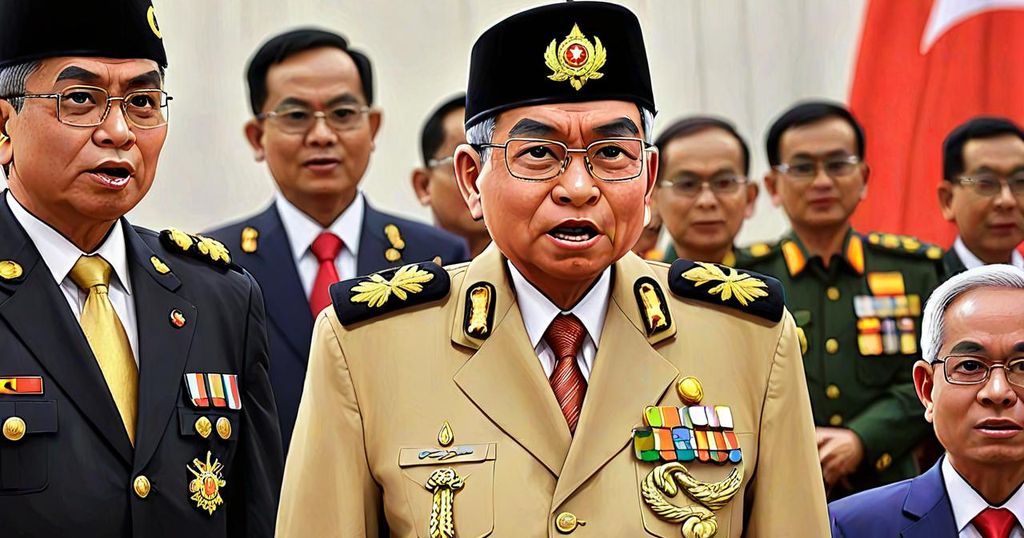After a protracted dispute, Prabowo Subianto, a former military general and political figure from Indonesia, has been officially declared as the nation’s next president. The election process was marred by allegations of fraud and irregularities from other candidates, including concerns about President Joko Widodo’s son running for the vice presidency.
Subianto emerged victorious with 58.6% of the votes, followed by the former Jakarta Governor, Anies Baswedan, with 24.9%, and former Central Java Governor, Ganjar Pranowo, with 16.5%. However, both Baswedan and Pranowo have declared their intention to contest the official result in court, citing election irregularities and raising concerns about the vice presidential candidacy of President Joko Widodo’s son.
In Indonesia, election disputes can be filed with the Constitutional Court within three days following the announcement of official results. The controversy surrounding the election process has prompted inquiries into the integrity of the country’s democratic system.
The decision to permit President Widodo’s son, Gibran Rakabuming Raka, to run for vice president raised suspicions of favoritism and political manipulation. The Constitutional Court made an exception to the minimum age requirement of 40 for candidates to accommodate Raka’s candidacy. This decision, coupled with the removal of the Constitutional Court’s chief justice for failing to recuse himself, further intensified concerns about the fairness of the election process.
While Subianto claimed victory on election day, both Baswedan and Pranowo have maintained their refusal to concede and have expressed their plans to challenge the official results in court. These assertions have continued to exacerbate the controversy surrounding the election.
The political upheaval in Indonesia has raised apprehensions among legal experts and international observers. Distinguished lawyer Todung Mulya Lubis, representing Pranowo and his running mate, Mohammad Mahfud MD, highlighted election irregularities that transpired before, during, and after the polls. These concerns have cast doubt on the legitimacy of Subianto’s victory and the future of Indonesia’s political climate.
The controversy surrounding Subianto’s ascension to the presidency transcends the election process. Questions have been raised about his alleged connections to human rights violations during the Suharto dictatorship, in addition to concerns about his handling of political dissension and critical journalism. These concerns have instilled fears about the potential erosion of democratic values under Subianto’s leadership.
As Indonesia prepares for a new presidency, the nation confronts a period of uncertainty and skepticism regarding the legitimacy of the election results. The outcome of the legal challenges and their implications for the future of Indonesia’s democracy remain uncertain. This case underscores the importance of upholding the integrity of the electoral process and safeguarding democratic principles in a rapidly evolving political landscape.

Leave a Reply